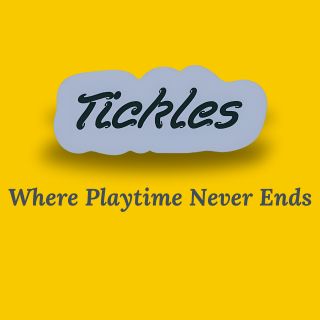Soft toys have been a staple in children’s playrooms for generations, and for good reason. These cuddly companions offer a wide range of benefits for early childhood development. From fostering creativity and imagination to providing comfort and security, soft toys play a crucial role in a child’s growth and well-being.
One of the key benefits of soft toys for early childhood development is their ability to stimulate creativity and imagination. Whether it’s a plush teddy bear or a fluffy bunny, soft toys can become anything a child’s imagination desires. They can be a superhero saving the day, a princess in a magical castle, or a doctor caring for sick patients. By engaging in imaginative play with soft toys, children are able to explore different roles and scenarios, which helps them develop their creativity and problem-solving skills.
In addition to fostering creativity, soft toys also provide comfort and security for young children. Many children form strong attachments to their favorite soft toys, which can serve as a source of comfort during times of stress or anxiety. Whether it’s a bedtime buddy or a companion for a trip to the doctor’s office, soft toys offer a sense of familiarity and security that can help children feel safe and reassured in unfamiliar situations.
Furthermore, soft toys can also help children develop important social and emotional skills. Through playing with soft toys, children learn how to express their emotions, communicate with others, and develop empathy and compassion. Soft toys can also serve as a tool for teaching children about relationships and social interactions, as they can practice sharing, taking turns, and cooperating with others while playing with their favorite plush friends.
Another benefit of soft toys for early childhood development is their ability to promote sensory exploration and fine motor skills. Many soft toys feature different textures, colors, and shapes, which can help children develop their sense of touch and hand-eye coordination. By manipulating and interacting with soft toys, children are able to refine their fine motor skills and improve their dexterity and coordination.
Soft toys can also be a valuable tool for teaching children about the world around them. Whether it’s a stuffed animal representing a specific animal species or a doll representing a different culture, soft toys can help children learn about diversity, empathy, and acceptance. By playing with soft toys that represent different backgrounds and experiences, children can develop a greater understanding and appreciation for the world’s diversity.
In conclusion, soft toys offer a wide range of benefits for early childhood development. From fostering creativity and imagination to providing comfort and security, soft toys play a crucial role in a child’s growth and well-being. By engaging in imaginative play, forming attachments, developing social and emotional skills, promoting sensory exploration, and teaching children about the world, soft toys can help children learn, grow, and thrive in their early years. So, next time you see a soft toy in a store, remember the many benefits it can offer for your child’s development.
——————-
Check out more on soft toys contact us anytime:
Tickles
https://www.ticklestoys.in/
Get ready to explore a world of play and fun like never before! Ticklestoys.in is your one-stop shop for all things exciting and engaging. From educational toys to interactive games, we have something for everyone. Stay tuned for a sensory adventure like no other!

